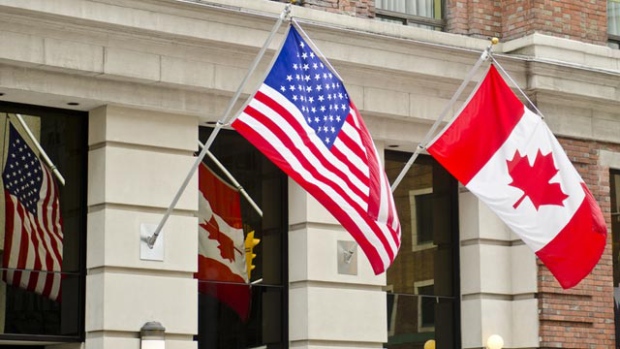May 24, 2017
NAFTA gets a vote of support from Dallas Fed president

The head of the Dallas Federal Reserve Bank is optimistic about the future of the North American Free Trade Agreement.
In an interview with BNN, Robert Kaplan said Congress and U.S. President Donald Trump’s cabinet are beginning to understand that the seminal trade deal between Canada, the United States and Mexico is making the U.S. more competitive globally .
“Believe it or not, despite the rhetoric, I believe the analysis is catching up with the rhetoric,” he said. “I am more optimistic that, yes, NAFTA will be negotiated or renegotiated in a way that takes that into account.”
Last week the Trump administration officially set the clock ticking toward renegotiating the 25-year-old trade deal. The trade agreement has come under fire from Trump, who repeatedly described the agreement as “a disaster.”
“I have made a big point of trying to explain we have to segment trade globally,” added Kaplan, who is a voting member of the U.S. Federal Reserve. “The trading relationship with China is different from the one with Canada and Mexico.”
NAFTA has helped the state of Texas become the largest exporter in the U.S. with Mexico being the top destination for Texas exports, according to the Dallas Fed.
Those exports are worth about US$92.7 billion annually and are responsible for an estimated 1 million direct and indirect jobs in the state – or more than eight per cent of the state’s overall employment.
- Freeland, Mexican Foreign Minister say NAFTA renegotiation talks should be trilateral
- Canada’s U.S. Ambassador 'optimistic' about upcoming NAFTA talks
NAFTA RENEGOTIATION
And the trade is not one-sided. Approximately 40 per cent of the content of U.S. imports from Mexico is of U.S. origin, Kaplan wrote in an essay released by the Dallas Fed this week. Those strong North American supply chains are helping boost U.S. competitiveness, he said.
“You have global supply relationships, integrated logistics and, yes, those relationships are helping the U.S. become more competitive,” Kaplan told BNN. “I think without those relationships we would likely lose most of those jobs to Asia.”